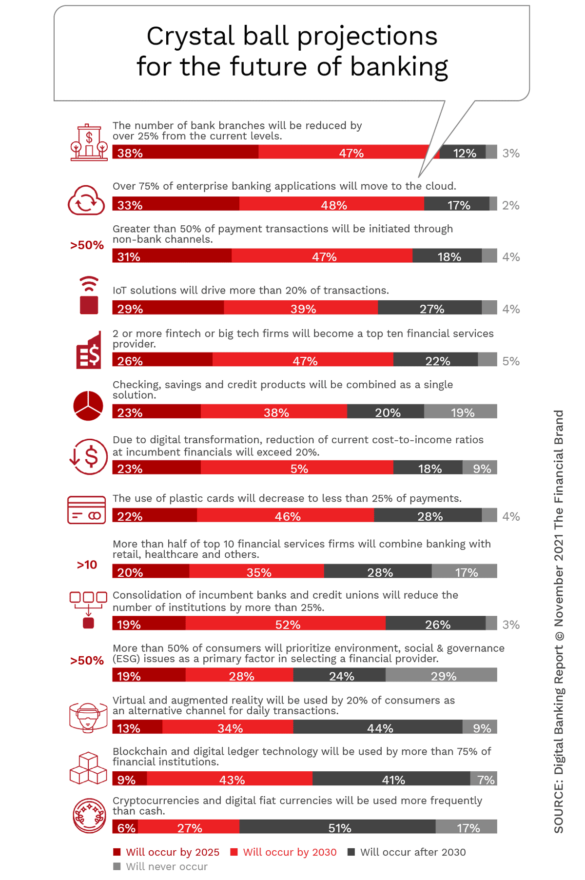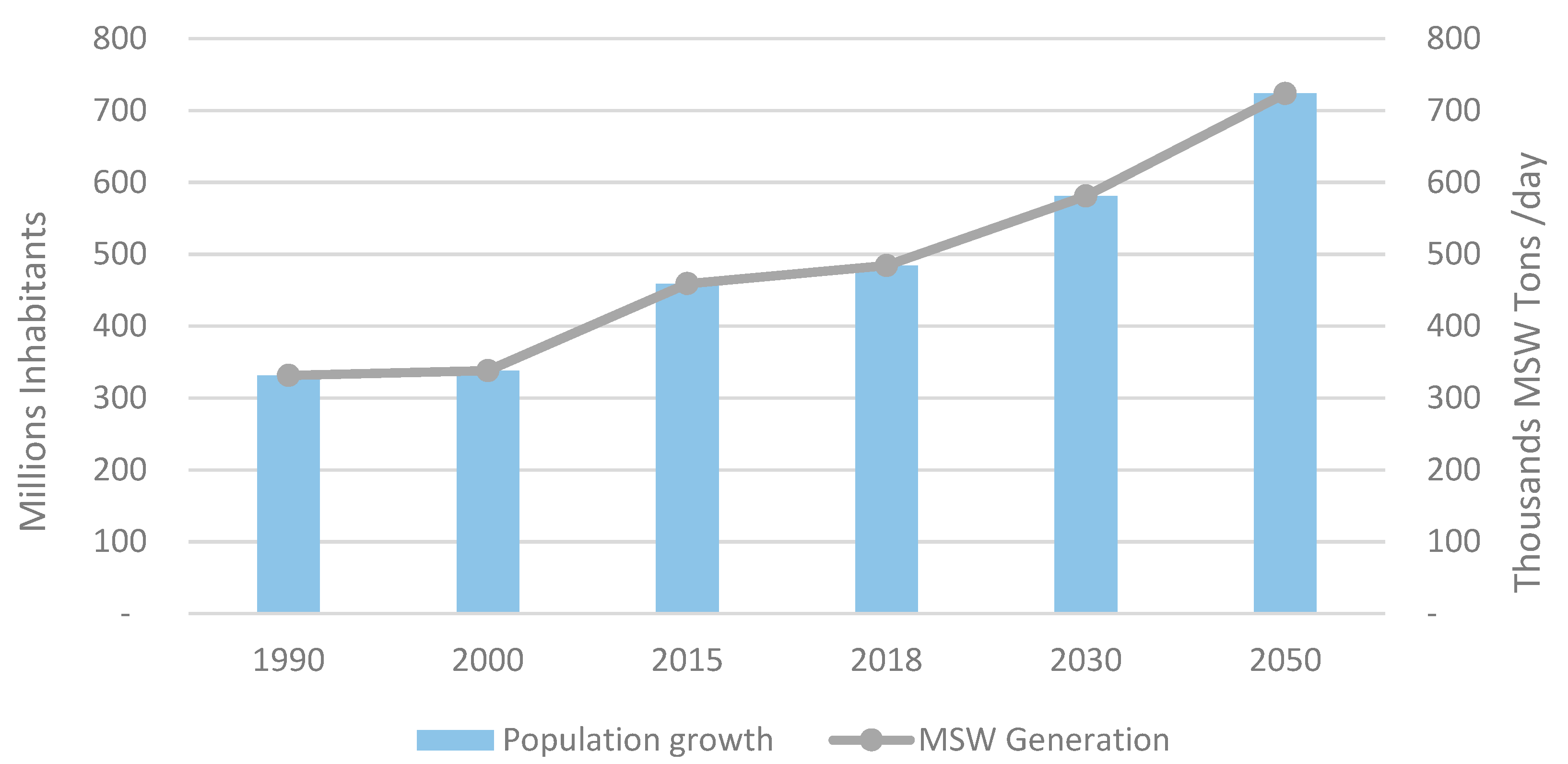The Rise of No Deposit Hotels: Trends And Future Projections
No deposit hotels are gaining popularity as travelers seek flexibility and savings. Industry projections indicate a growth trend in this accommodation model.
Travelers now prioritize convenience and cost-effectiveness when booking accommodations, leading to the emergence of no deposit hotels as a preferred option. This innovative approach eliminates upfront costs, offering guests greater financial freedom and appealing to a broad demographic.
The surge in no deposit hotel offerings caters to a new wave of savvy consumers who demand transparency and value.
With a shifting travel landscape that emphasizes spontaneous trips and digital transactions, the no deposit model aligns seamlessly with the desires of modern guests.
Hoteliers are responding by transforming policies to accommodate this growing demand, signaling a future where no deposit stays could become the standard in the hospitality industry.

Credit: thefinancialbrand.com
Understanding No Deposit Hotels
No deposit hotels are revolutionizing the travel industry by offering accommodations without the upfront financial commitment traditionally required.
Unlike traditional hotel booking models, which typically require a security deposit to safeguard against potential damages, the no deposit model extends trust to guests, allowing them to book a stay without this initial expense.
The shift in consumer behavior indicates a growing preference for flexibility and reduced upfront costs. This change aligns with the increasing demand for more accessible travel options. The no deposit model not only minimizes the financial barrier to booking a hotel room but also streamlines the reservation process, making it simpler and more convenient.
| Traditional Hotel Booking | No Deposit Hotel Model |
|---|---|
| Security deposit required | No initial financial commitment |
| Potential additional fees at check-out | Transparent cost structure |
| Longer reservation process | Streamlined booking experience |
Futuristic trends suggest that no deposit options will continue to flourish. This growth is backed by an ever-evolving market that values convenience, transparency, and trust between service providers and their clients.
Driving Forces Behind The Rise Of No Deposit Hotels
Economic fluctuations have a significant impact on consumer spending habits, particularly regarding travel. Heightened by unpredictable markets, travelers are increasingly seeking financial flexibility. This shift has spurred the growth of no deposit hotels, where guests aren’t required to pay upfront fees. Consequently, this trend aligns with the desire for reduced financial commitment amid economic uncertainty.
Tech-enabled trust and security measures are integral to the success of no deposit hotels. Advances in technology facilitate seamless identification verification and damage mitigation strategies, thus assuring hotel operators despite the absence of deposits. This innovation underscores a symbiotic relationship where technology fuels industry evolution.
To foster customer loyalty and retention, the hospitality sector is capitalizing on no deposit offerings. By reducing entry barriers, hotels are cultivating a more inviting booking experience conducive to repeat business. This customer-centric approach is pivotal in an era where brand loyalty is paramount.
Lastly, hotels are more responsive to flexible booking policies than ever before, resonating with modern travelers’ preference for adaptability. Policies accommodating last-minute changes without financial penalties are becoming standard, propelling the no deposit movement within the hospitality landscape.
Challenges And Considerations
No Deposit Hotels are revolutionizing the hospitality industry, presenting both opportunities and challenges for hoteliers. One significant concern is risk management, as hotels must safeguard against potential losses due to no upfront payments.
To ensure a blend of flexibility for guests and profitability for hotels, innovative strategies are essential. Dynamic pricing models and advanced booking analytics can help maximize revenue without compromising service quality.
Regarding the legal and regulatory implications, hotels must navigate a complex landscape. They must ensure compliance with local laws, considering the absence of deposits might alter cancellation and damage policies. A clear terms of service agreement is crucial to protecting both the hotel’s interests and guests’ rights.

Credit: www.mdpi.com
Future Projections And Industry Impact
The hospitality industry is observing a significant shift towards no deposit hotels, a trend driven by changing consumer preferences and the pursuit of increased cost-efficiency. Experts anticipate these hotels will embrace smart technology and AI to streamline operations and enhance the guest experience.
As technology evolves, features like automated check-ins, personalized room settings, and voice-controlled amenities are likely to become standard offerings.
Sustainability is another dimension that is expected to synergize well with the no deposit model. By reducing the need for upfront payments and the administrative burden of refunds, hotels can decrease their environmental footprint.
This approach aligns with the growing eco-consciousness among travelers and the global push towards greener business practices.
Last but not least, the rise of no deposit hotels is set to breed innovative business models within the hospitality sector. Flexibility in booking and payment options can give rise to subscription or membership-based accommodations, offering frequent travelers cost-effective alternatives.
The potential for personalized pricing and loyalty programs also holds promise for redefining the hospitality landscape.

Credit: commercialobserver.com
Frequently Asked Questions
What Are The Future Trends In Hotel Industry 2024?
Sustainability practices are shaping the hotel industry’s future. Personalized guest experiences powered by technology advancements continue to rise. Hotels are embracing contactless services and artificial intelligence to enhance operations and guest satisfaction. Health and wellness amenities are increasingly becoming a standard offering.
Remote work policies are leading to co-working spaces within hotels.
What Is The Hotel Projection For 2024?
Hotel projections for 2024 indicate a recovery trend with rising occupancy rates and revenue, bolstered by increased travel demand post-pandemic.
What Is The Projected Growth Of The Hotel Industry?
The hotel industry anticipates a growth rate of 4-6% annually through 2025, driven by global travel demand and economic expansion.
What Are The Predictions For The Hotel Industry?
The hotel industry is predicted to embrace sustainability, invest more in technology for personalized guest experiences, and adapt to changing traveler preferences such as remote work options and health-centered amenities.
Also Worth Reading:
- No Deposit Hotel Myths Debunked: Separating Fact from Fiction
- The Ultimate Guide to No Deposit Hotels: How They Work And What to Expect
- Tips for Booking No Deposit Hotels Without Compromising Quality
- Family-Friendly No Deposit Hotels: Where to Stay Without Breaking the Bank
- No Deposit Hotel Hacks: Insider Secrets to Upgrading Your Stay for Free
- No Deposit Vs. Traditional Hotels: Which Offers Better Value?
- Sustainability And No Deposit Hotels: Eco-Friendly Options for Conscious Travelers
- The Psychology Behind No Deposit Hotels: How They Impact Traveler Behavior
Conclusion
The surge in no deposit hotels marks a shift in hospitality. These establishments cater to savvy travelers seeking convenience and value. As the industry evolves, we can expect wider adoption and innovation. Such trends suggest a promising horizon for both consumers and service providers in the realm of travel accommodations.
Embrace the change; the future looks bright.







